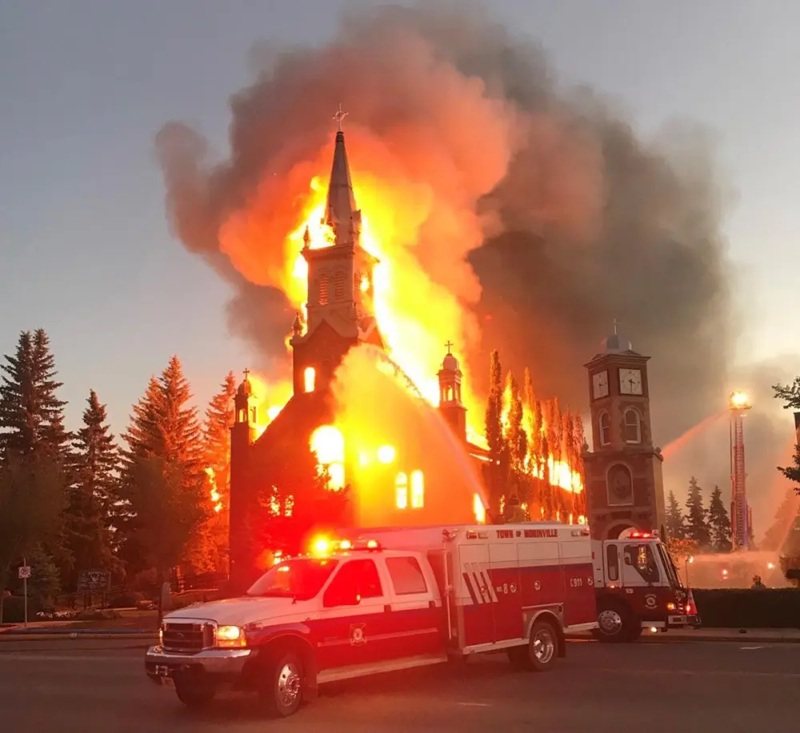On July 30, 2025, a stretch of the seabed off the coast of Russia’s Kamchatka Peninsula recorded one of the strongest earthquakes in human history. At 8.8 magnitude, it dwarfs most earthquakes in recent history. One earthquake in 2011 off eastern Japan spawned waves of 130 feet and killed 15,000 people. In 2004, another earthquake measuring 9.1 in the Indian Ocean created waves so high that it claimed the lives of 280,000 people.
Needless to say, tsunami warnings were issued immediately when the earthquake occurred on July 30th. People in Hawaii, Russia, Japan and California among many other coastal areas were warned to flee. Then we waited. The hours passed. To everyone’s surprise, nothing occurred. Near the site of the earthquake, waves 4 feet high were recorded. But by and large, there were no devastating waves. No tsunamis occurred.
The incident has all oceanologists, geologists and seismologists scratching their heads. Naturally, everyone was thankful that nothing devastating occurred, but no one can confidently explain much less predict the absence of destructive waves that normally occur with earthquakes of this magnitude hit the earth. “It doesn’t mean that we should wind down on our tsunami response,” said one climatologist in a moment of wisdom, “It means that we should be humble enough to realize that we don’t know everything.”
As I read the news describing each spot of the world winding down from their tsunami response and with a sigh of relief returning to normal, I am reminded of the operation of God’s grace. No one will argue that we live in a more and more volatile world; no one will deny the need to be prepared for disasters, natural or political, social or economic, personal or societal. In a flash, that which we treasure can be swept away and that which we fear can occur at our doorsteps.
I remember a friend who had gone to celebrate the wedding of a lovely Christian girl she met at university. She returned that evening in tears. The sister of the bride who was also the bridesmaid suffered an anaphylactic seizure due to a peanut allergy and died in her sister’s arms; the best friend of the bride had mistakenly baked the wedding cake using peanut oil.
How prepared are we for the tsunamis of life and how vulnerable are we to the uncontrollable things that assail us if not for the grace of God? “This poor man cried out, and the Lord heard him,” the Psalmist says in Psalm 34:6. It was written as he was pretending to be a drooling madman in the courts of the enemy so as not to be executed. And he was only there because his own king was pursuing him out of jealousy to kill him. It may not be so obvious in the passage, but the word “poor” is not a term describing his circumstances but his distress. In Hebrew, the word means, “depressed of mind”. Similarly, the word “heard” isn’t just that someone makes a sound and God happens to be passing by. It is the word that describes a firm and enduring attention. It is the same word that summons Israel, “Hear, O Israel, the Lord your God is One.”
Through this week, or perhaps when the next great earthquake occurs, you might hear again of the tsunami warnings. Or you might be drawn to incidents whereby someone narrowly escapes harm. Never hear yourself say, “That was lucky.” Luck has nothing to do with it. Rather, say, “There by the grace of God go I.”
Just Church
At Just Church, we remind each person that we live by the grace of God in order to share with others the God of grace: “The vision of Just Church is to establish a church in just the way Christ called the church to be – true to His Word, loving Him, loving one another, and loving the lost.”






